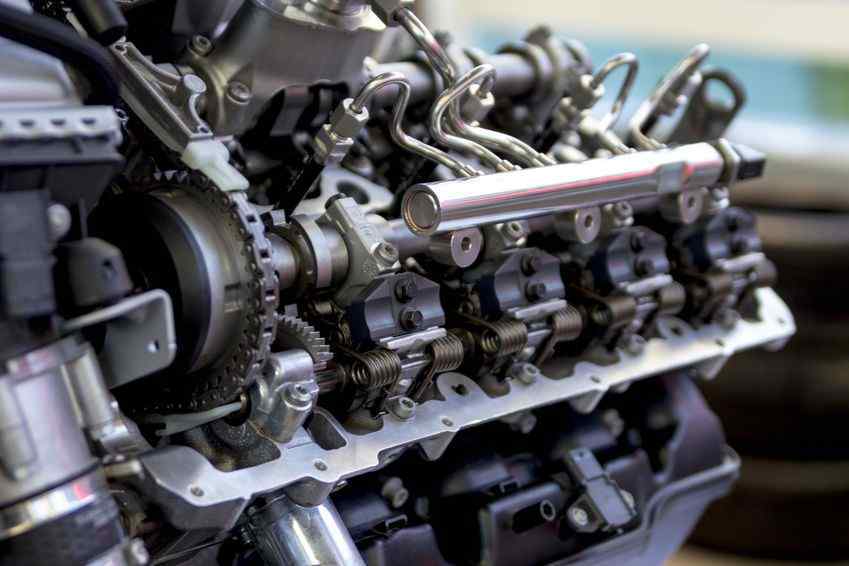
5 Components of Diesel Fuel Systems
One out of every 100 cars sold in America has a diesel engine. It’s estimated that cars with diesel engines can achieve up to 45 Miles Per Gallon (MPG) on the highway.
The elements of diesel fuel systems are designed to work together to inject a specific amount of pressurized and atomized fuel into the engine cylinders at the right time. When this fuel mixes with hot, compressed air, combustion takes place. This is unlike gas engines, where combustion is caused by an electrical spark. Because diesel fuel systems work differently than gas fuel systems do, they are designed with these differences in mind. Here are five components of a diesel fuel system, along with information about what they do.
1. The Fuel Tank.
A fuel tank must have the ability to store enough fuel to keep the engine operational for a reasonable amount of time. It must also be closed to avoid foreign particle contamination. The tank also requires vents to enable air to enter and replace fuel being used. Fuel tanks also need three additional openings; one for filling the tank, one for discharging fuel, and one for drainage.
2. The Fuel Lines.
There are three different kinds of fuel lines in diesel cars. Heavyweight fuel lines can withstand the high pressures between the fuel injection pump and the fuel injectors. Medium weight fuel lines are designed for medium to light fuel pressure existing between the fuel tank and the injection pump. Lightweight fuel lines can be used in areas subjected to little or no pressure.
3. The Diesel Fuel Filters.
To prevent foreign particles from clogging the fuel system, the diesel fuel in most systems must be filtered several times. Conventional systems generally include three progressive filters; a filter screen near the diesel fuel transfer pump or the tank, then a primary fuel filter, followed by a secondary filter.
4. The Diesel Fuel Pumps
Diesel fuel transfer pumps are used in high-speed diesel fuel systems to automatically supply fuel to the injection system. Pumps often come with a lever for releasing air from the system and are nearly always jerk pumps.
5. The Fuel Injectors.
Fuel injectors are often considered to be the most significant component of diesel fuel systems. The even distribution of atomized, pressurized fuel throughout the cylinders leads to more power, better fuel economy, less noise from the engine, and a car that operates more smoothly.
Today’s diesel fuel injectors employ piezoelectricity. Wikipedia defines this as an electric charge accumulating in some solid materials as a response to applied mechanical stress. These types of fuel injectors are exceptionally precise and can withstand substantial pressure.
Cars having diesel engines can offer better fuel economy than some cars with gas engines. To perform at this level, diesel cars must have a fuel system with all of its components (fuel tank, fuel lines, fuel filters, fuel pumps, and fuel injectors) in proper working order. Understanding what these components do aids you in caring for them well.

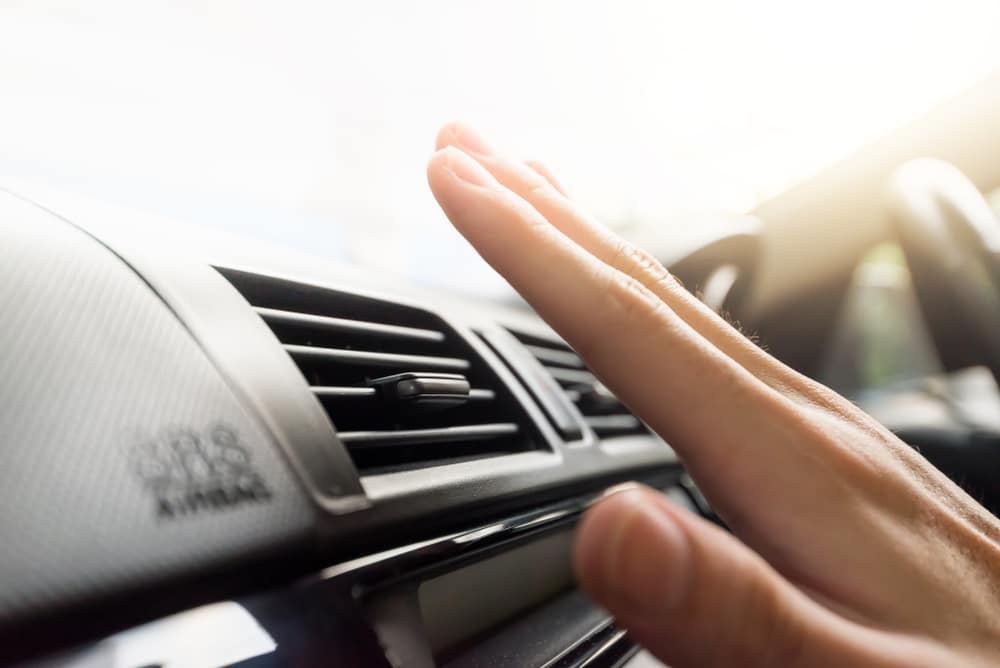
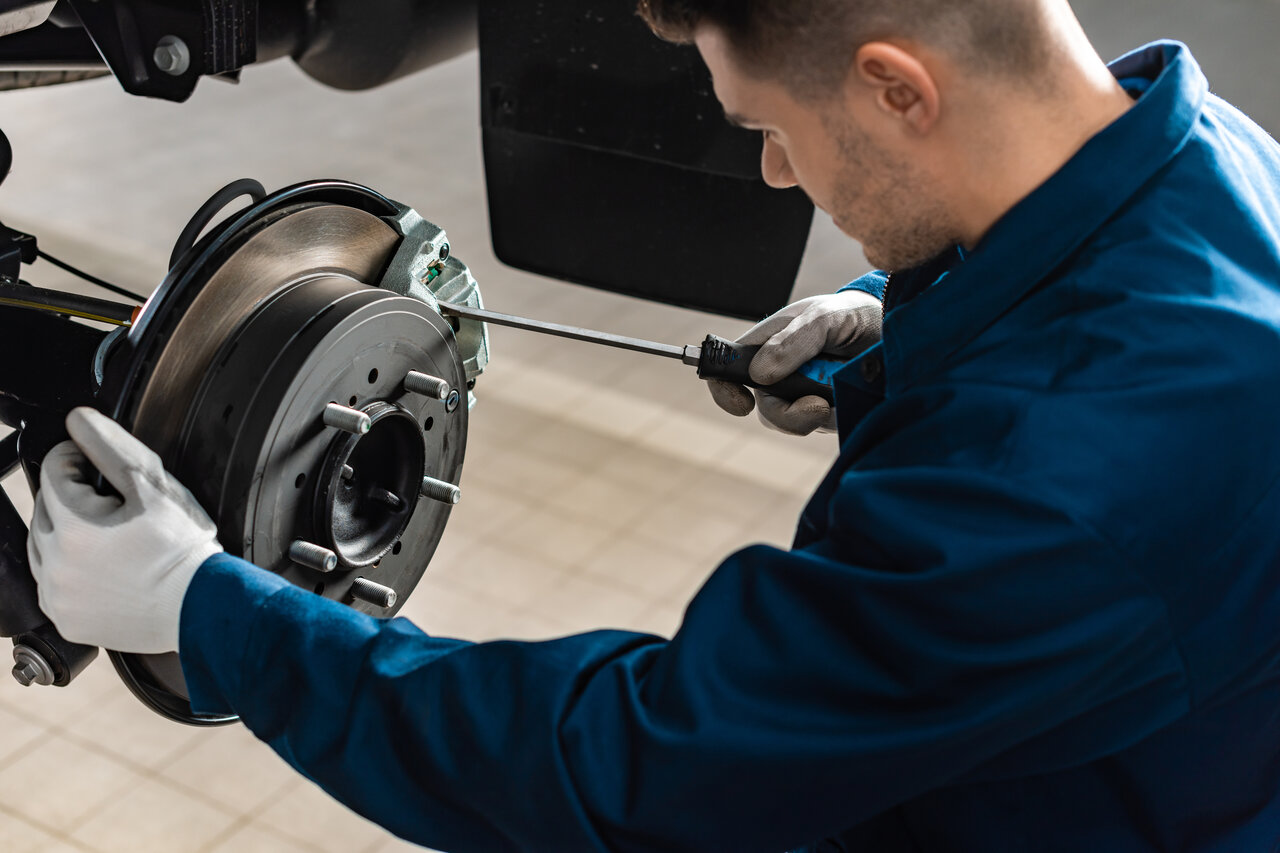
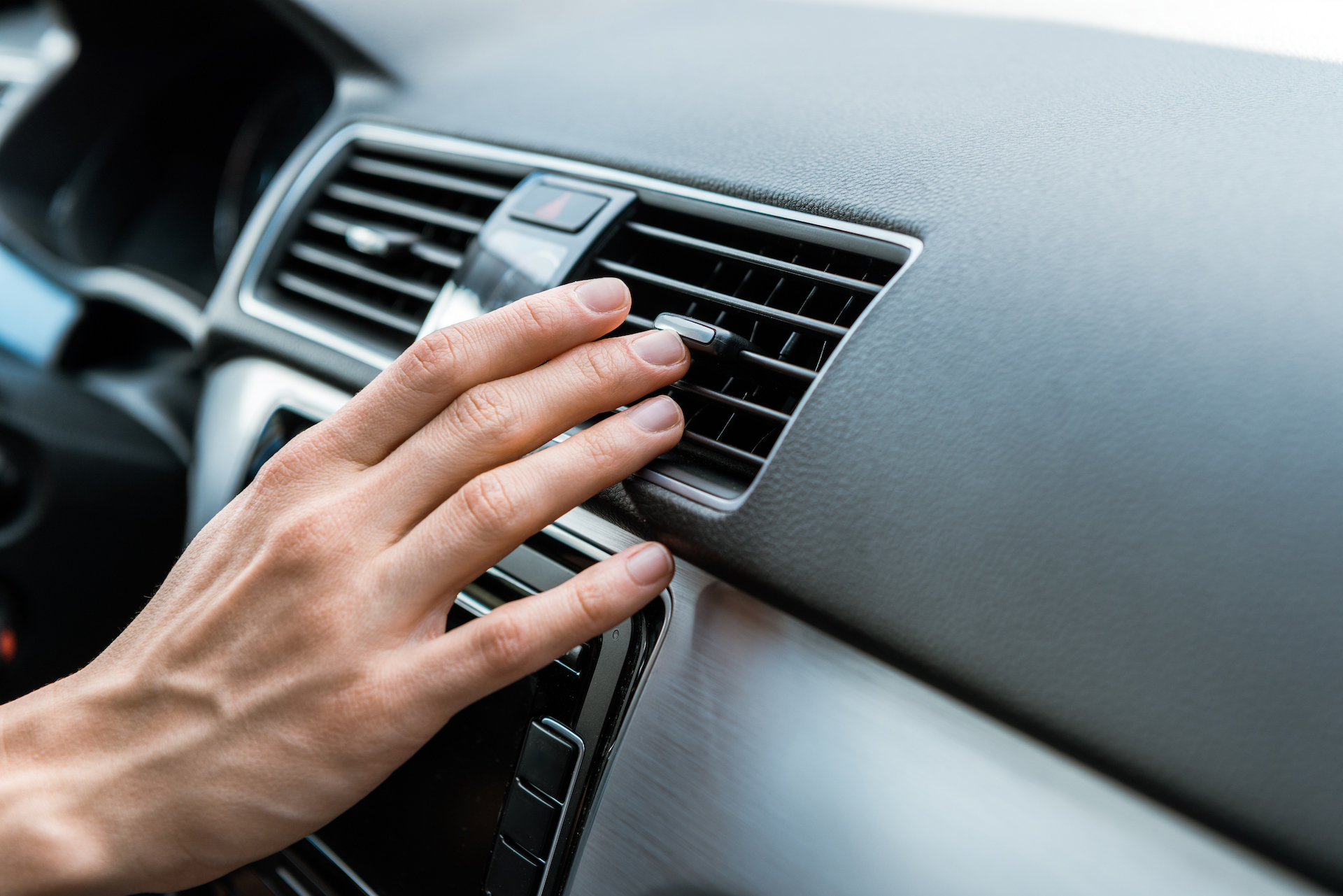
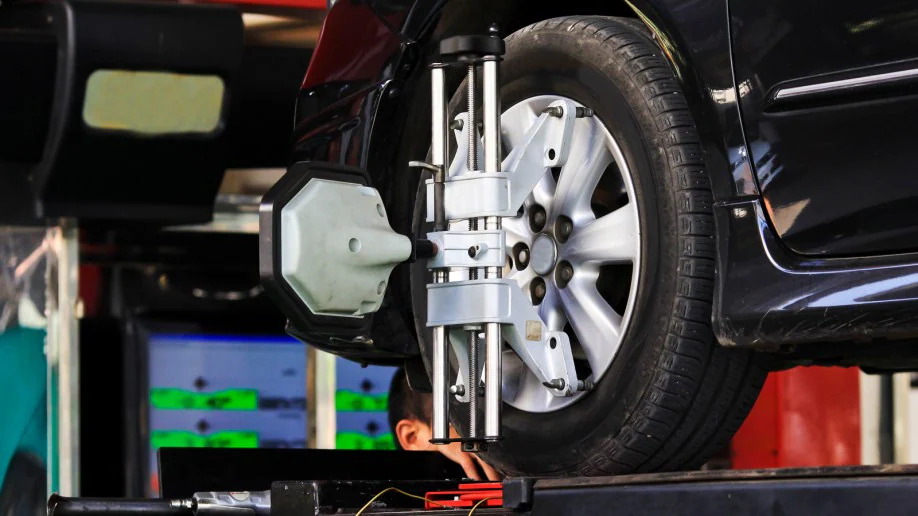
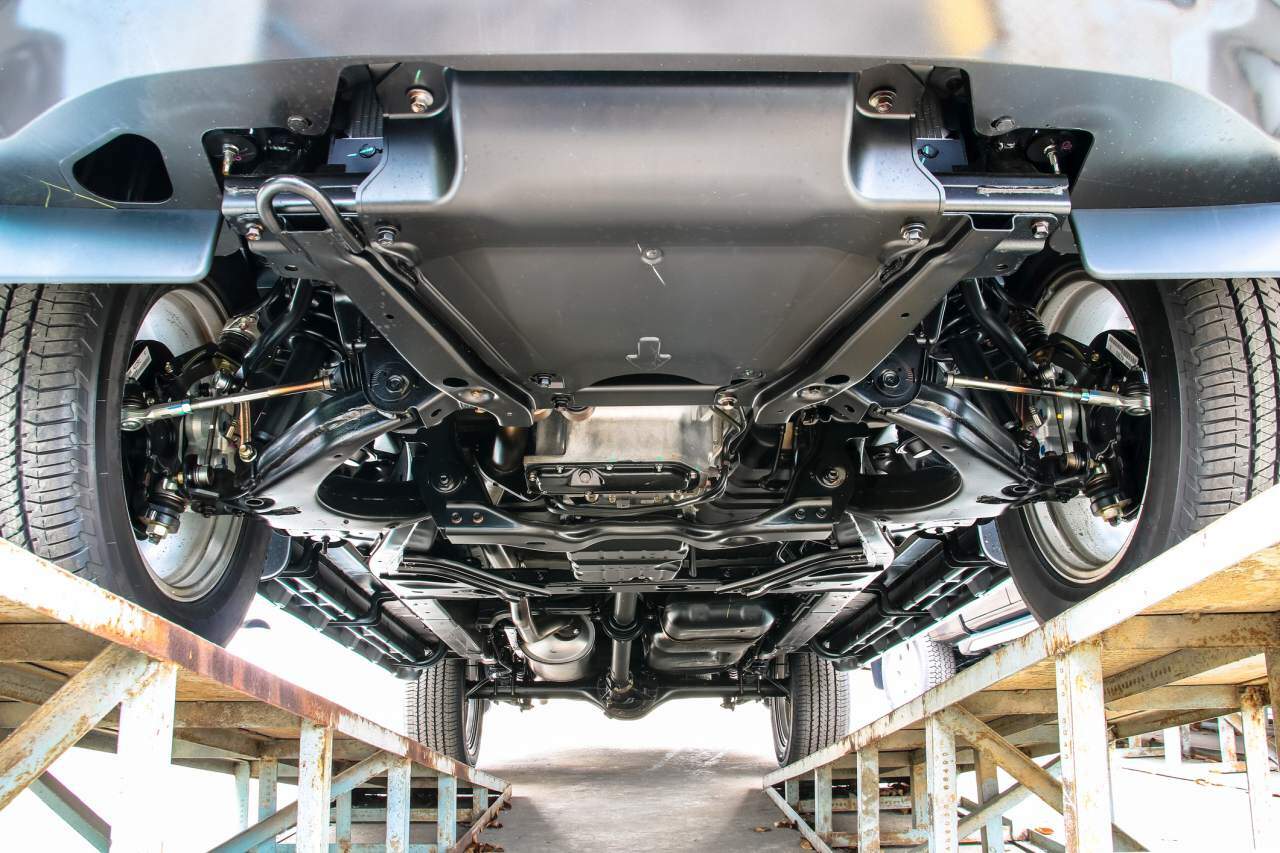
comments 0